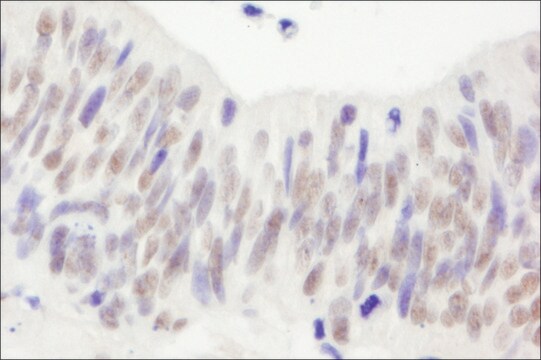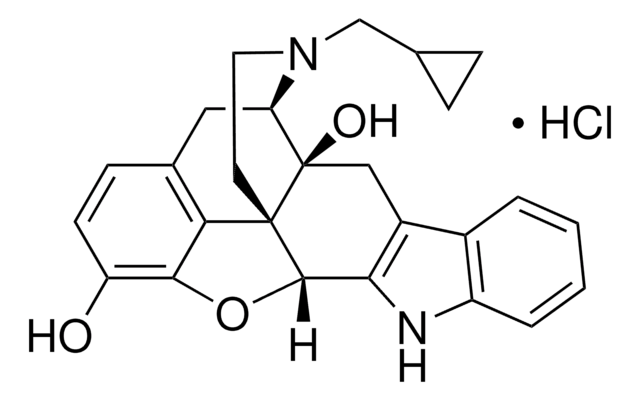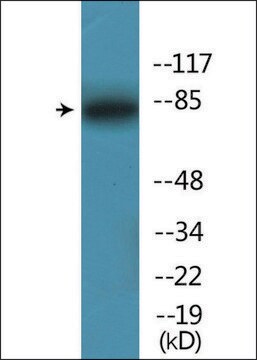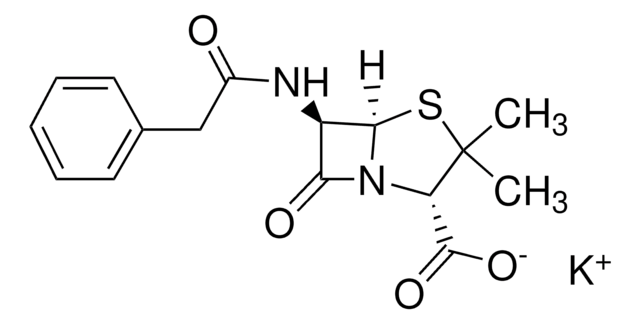PLA0057
Rabbit anti-Mre11 Antibody, Affinity Purified
Powered by Bethyl Laboratories, Inc.
Synonyme(s) :
AT-like disease, ATLD, DNA recombination and repair protein, HNGS1, MRE11, MRE11 double strand break repair nuclease A, MRE11 homolog, MRE11 homolog 1, MRE11 homolog A, MRE11 meiotic recombination 11 homolog A, MRE11 meiotic recombination 11 homolog A (S. cerevisiae), MRE11 meiotic recombination 11-like protein A, MRE11B, double strand break repair nuclease A, endo/exonuclease Mre11, meiotic recombination (S. cerevisiae) 11 homolog A, meiotic recombination 11 homolog 1, meiotic recombination 11 homolog A
About This Item
Produits recommandés
Source biologique
rabbit
Niveau de qualité
Forme d'anticorps
affinity purified immunoglobulin
Type de produit anticorps
primary antibodies
Qualité
Powered by Bethyl Laboratories, Inc.
Espèces réactives
human
Technique(s)
immunohistochemistry: 1:1,000-1:5,000
western blot: 1:1,000- 1:5,000
Numéro d'accès
NP_005582.1
Numéro d'accès UniProt
Conditions d'expédition
wet ice
Température de stockage
2-8°C
Modification post-traductionnelle de la cible
unmodified
Informations sur le gène
rabbit ... Mre11(4361)
Immunogène
Forme physique
Autres remarques
Clause de non-responsabilité
Vous ne trouvez pas le bon produit ?
Essayez notre Outil de sélection de produits.
Code de la classe de stockage
12 - Non Combustible Liquids
Classe de danger pour l'eau (WGK)
nwg
Point d'éclair (°F)
Not applicable
Point d'éclair (°C)
Not applicable
Faites votre choix parmi les versions les plus récentes :
Certificats d'analyse (COA)
It looks like we've run into a problem, but you can still download Certificates of Analysis from our Documents section.
Si vous avez besoin d'assistance, veuillez contacter Service Clients
Déjà en possession de ce produit ?
Retrouvez la documentation relative aux produits que vous avez récemment achetés dans la Bibliothèque de documents.
Notre équipe de scientifiques dispose d'une expérience dans tous les secteurs de la recherche, notamment en sciences de la vie, science des matériaux, synthèse chimique, chromatographie, analyse et dans de nombreux autres domaines..
Contacter notre Service technique








